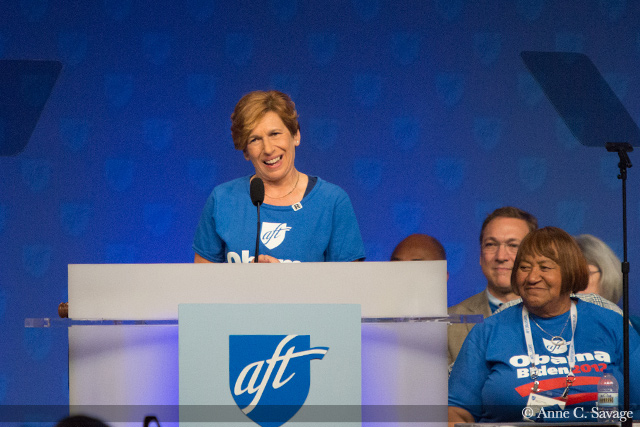
Three years ago, I I wrote about being sexually assaulted by a doctor when I was ten years old. It was a story that I had kept to myself for decades and the decision to share it came after I came to the realization that our national conversation about rape and sexual assault was a complete train wreck. Two years later, not much has changed in that regard. Because it’s such a disaster, many sexual assault victims are afraid and/or unwilling to tell their own personal stories about their experiences.
But these experiences are truths. They are real and they are all around us yet they go largely unheard because victim-shaming is such a tragic reality. Until these truths are shared again and again by those who have experienced them, they will remain a dark secret and our national conversation will continue to be dysfunctional and harmful.
It takes courage to tell these truths. It took me a very long time to screw up my own personal courage to share my personal truth. Once I did, two things happened. First, I felt a WHOLE lot better for doing it and I didn’t experience the backlash I thought I might. Second, it encouraged a few others to share their truths. It’s that second part that is so very important.
This morning, Randi Weingarten, the president of the American Federation of Teachers, crossed that burning bridge herself. She published an op-ed at Jezebel titled, “Rape Is Part of My Truth, and the Truth of Many Other Women”. In her piece, she reveals her story of an attempted rape by a “nice Jewish guy” she had met at a Shabbat dinner she had been invited to.
I didn’t report it. I thought it was my fault. I thought I should have known better. I should have been smarter.I carried it with me for years and years. The shame and the fear faded but never erased completely as I graduated from college and law school, then became a lawyer, a teacher and a union leader.
Through it all, I’ve learned that it’s okay to say “no.” You can go to the police, report it. And it does get better.
When I began to read these stories about young women sharing their own truths, their own experiences with sexual assault and how, unfortunately, their campuses had failed to handle their accusations appropriately, I was inspired. I was inspired by the bravery of these women and the change they’re creating. Not just change in policy, but change in our culture. […]
Ending sexual assault on campus is going to take many partners—students, administrators, faculty, staff and their unions. It will take putting sound policies in place on campus and implementing these policies faithfully. It will take holding institutions accountable through legislation, like the bill Sen. Kirsten Gillibrand has introduced.
But more than policy, we must all help change our culture. One in four women will be sexually assaulted in college. Sadly, only a tiny fraction of the victims will file a report, in part because our culture tells them that they are to blame—the same culture that has kept me from speaking out for nearly 30 years.
If we want to change that culture and combat sexual assault, we must take it on together. We must speak out together.
That’s the truth.
Weingarten’s essay is an act of bravery. Like all rape victims who speak about their truths, she surely knows that she has opened herself up to being attacked again, this time by those who wish her to remain silent and keep her truth to herself.
The LGBT community has made astonishing progress in the past decade by having the courage to reveal their own personal truths. So, too, can our country evolve and progress in the realm of sexual assault. Our national conversation about it can be transformed from damaging and harmful to liberating and healing. But it will take brave souls like Randi Weingarten who are willing to come forward with their truths and for the rest of us to be sure they are defended against those who would harm them again. Let us all do our parts to create that safe space for them to do so. Only then, by defeating the culture of silence, will we make progress in making sexual assault something that is rare and not something that one out of every six women in our country experience. As Weingarten says in her essay, “If we want to change that culture and combat sexual assault, we must take it on together. We must speak out together.”
[Photo by Anne C. Savage, special to Eclectablog]



